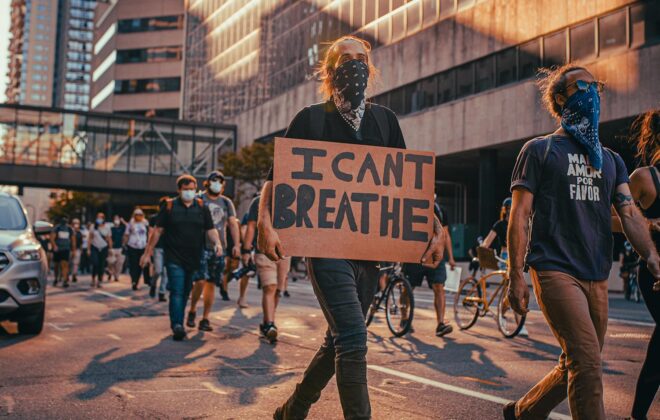Just Released! “Drowning in Debt” Report about Health Harms of Payday Lending in MN
HIP and ISAIAH are excited to release Drowning in Debt: A Health Impact Assessment of How Payday Loan Reforms Improve the Health of Minnesota’s Most Vulnerable.
The report looks at the compelling evidence of the harm caused by payday loans to the health and mental health of borrowers, their families, and their communities. It shows that reforms to payday lending – including elimination of the practice in the state – will help slow the wealth drain on individuals and the community, thereby reducing stress and preventing further harm to health and well-being.
In 2014, Minnesota has 72 licensed storefronts, and along with Internet lenders, made more than 385,000 loans to about 50,000 borrowers. The cost of these loans is staggering: Totaling almost $150 million, the average loan amount was $390, with borrowers averaging 10 loan transactions a year. The average APR was 252%.
The report describes the overall context for payday lending – including a changing economic climate and increased financial insecurity – and highlights how payday loans:
- Trap Minnesotans in a cycle of debt and increase inequities in income, wealth, and health
- Target and drain wealth from Minnesota’s most vulnerable communities
- Worsen financial insecurity and negatively affect employment
- Contribute to creating stressful family relations
The report is meant to inform the debate over legislation expected this year in the Minnesota Legislature that would set limits on the interest rates payday lenders can charge.
See report materials here:
Categories
- Announcements (10)
- Childcare (8)
- Community Safety (10)
- Criminal Justice (18)
- Democracy (28)
- Economy & Jobs (27)
- Education (16)
- Environment (11)
- Faith (15)
- Health (22)
- Housing (30)
- Immigration (31)
- Islam (11)
- Newsletter (35)
- One Body (2)
- Other Issue Work (14)
- Public Safety (3)
- Report (7)
- Transit (19)
- Uncategorized (40)
- Working Families (18)



